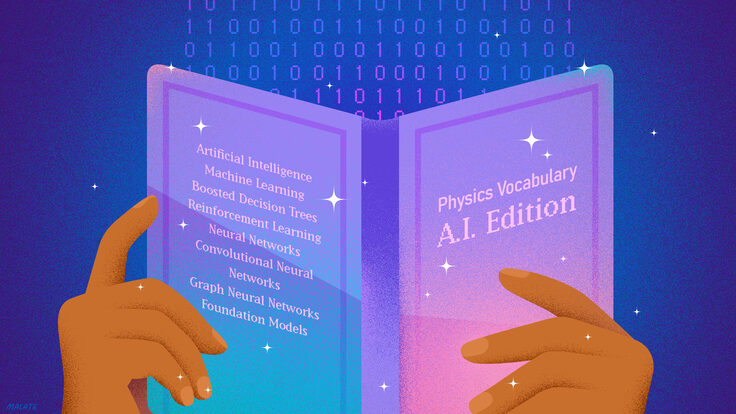Google Science Fair winner Shree Bose could not have picked a better time to visit CERN.
Judges chose Bose as the top young scientist among more than 10,000 submissions from 13- to 18-year-old students all over the world. Part of her grand prize package was a trip to the laboratory on the border of France and Switzerland. She was there from June 27 to July 4, the day scientists there announced the discovery of a Higgs-like boson.
“I was watching history be made,” Bose said. She was in attendance for the seminar and saw the results presented in person.
“After that, getting to be at the press conference and see all of these major media outlets reporting to the world what was happening at CERN was just so encouraging,” she said. “And I was there.”
It was the icing on the cake. During the lead-up to the announcement, Bose spent the week learning about the experiments at CERN and how the Large Hadron Collider works.
“I’ve learned more about physics in the past few days than in my entire life,” Bose said. “But my favorite part is learning about the group effort behind the experiments. One human mind is amazing, but all of these people working together? They can do the impossible.”
Bose has quite the mind herself. She was conducting cutting-edge cancer research before she was legally allowed to vote.
For her Google Science Fair project, Bose discovered a specific enzyme was linked to ovarian cancer cells' developing a resistance to certain chemotherapeutic drugs. She also found a way to counteract this effect. She did the research the summer before her junior year of high school.
Bose said that she used to be much more interested in the arts than science, but her brother piqued her interest in the subject.
“My older brother was the science kid,” Bose said. After school, Bose’s brother would tell her about everything he had learned that day.
“I was about 6 when he tried to explain atoms to me," she said. "He said that if you keep breaking things down, eventually you’d get atoms. I loved that. It explained the world, but also maintained its beauty.”
Bose was inspired to look into cancer research after her grandfather died of the disease in 2008.
“I wanted to do something big,” Bose said. “I wanted to do something that would help other families avoid suffering the way mine had.”
Now, Bose is preparing to matriculate with the class of 2016 at Harvard University. But she has one more thing to do this summer – participate in the judging of the second Google Science Fair.
“I’m so excited,” Bose said. “I understand what inspires these kids. There are great projects and great people involved in this year’s fair.“
Fifteen of the world’s young and brilliant minds will gather for final presentations at Google headquarters in California on July 23. This year’s judges, besides Bose, include physicists Young-Kee Kim, deputy director of Fermi National Acceleratory Laboratory, and Steve Myers, director for accelerators and technology at CERN.
“There’s so much to discover beyond this new boson,” Bose said. “The future is,” as Tim Berners-Lee’s supervisor wrote on his proposal for the World Wide Web in 1989, “vague, but exciting.”







